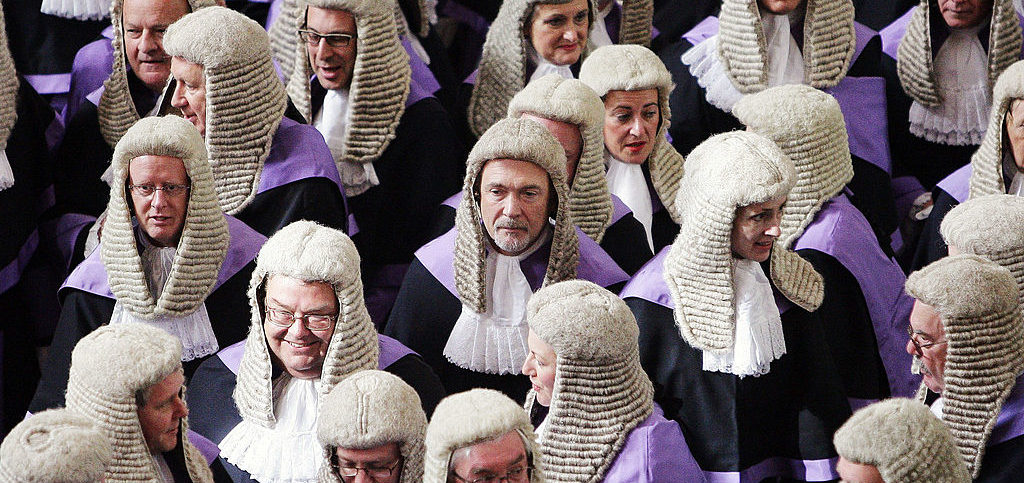The pandemic has been a lesson in power: nothing can compete, it turns out, with the combined force of the modern state and the medical establishment. Western governments have long had extraordinary capacities for surveillance, control and punishment — but it’s only when they started “following the science” that this actually translated into people being fined for sitting on park benches, banned from seeing relatives, and now, some predict, subjected to a social-credit-style regime of vaccine passports and semi-compulsory health monitoring. Suddenly the decades of Lefty theorising about “biopolitics” and “techno-medical despotism” seem a bit less abstract.
Of course, you can regard the last eighteen months as a necessary, temporary episode rather than a sinister new dawn. But either way, it casts a fresh light on familiar disputes about the state versus the individual. Take the current controversy over Alta Fixsler, a severely disabled two-year-old girl from Manchester. Her parents want to take her abroad for healthcare. The courts have prevented them, ruling that she should instead be taken off life support. Cue international outrage — especially from the US, where prominent politicians from Marco Rubio to Chuck Schumer have sided with Alta’s parents. Now Alta has been granted a US visa, even though the High Court had refused her permission to travel.
As with the cases of Charlie Gard and Alfie Evans, Alta’s story has exposed a strange detail of the British system: when parents and doctors disagree about a gravely-ill child, a judge has to decide on that child’s “best interests” without giving special weight to the parents’ wishes. If the doctors say they think extra treatment or care is too burdensome, the court is very likely to back the doctors over the parents — in other words, to “follow the science.”
True, parents’ rights shouldn’t be unlimited; true, doctors are the experts. But the experts have sometimes got these cases wrong; and the heartbreaking result of the UK system is that parents are prevented from even trying to save their children’s lives. At the Court of Appeal, Lord Justice Baker conceded that the current law can seem cruel. “I understand why [Alta’s parents]have pursued this appeal and deeply regret that I cannot do more to help them,” he said in his ruling. “As a judge, however, my duty is to apply the law.”
There is a movement to reform that law: instead of judges and doctors deciding on a child’s “best interests”, a court could only overrule parents’ wishes if doctors show that the child is at risk of “significant harm.” There are several good reasons to hope for such a change. It would acknowledge the rights of parents; it would prevent national embarrassment the next time this happens; and by checking the power of doctors over life-and-death decisions, it would be a small sign that we aren’t doomed to live under a medical tyranny.











Join the discussion
Join like minded readers that support our journalism by becoming a paid subscriber
To join the discussion in the comments, become a paid subscriber.
Join like minded readers that support our journalism, read unlimited articles and enjoy other subscriber-only benefits.
Subscribe